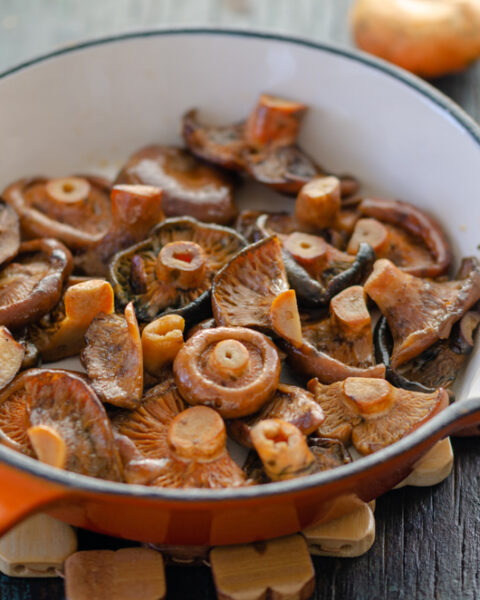Adding variety to your diet can be as simple as reaching for a jar of nut butter. These creamy spreads are not only delicious but also pack a serious nutritional punch. They can be a great addition for anyone looking to boost their nutrient intake. Each one brings something unique to the table, offering different flavors and health benefits. Let’s explore a variety of nut butters that can easily elevate your daily meals and snacks!
Contents
- 1 Pumpkin Seed Butter
- 2 Tahini (Sesame Seed Butter)
- 3 Mixed Nut Butter
- 4 Watermelon Seed Butter
- 5 Pecan Butter
- 6 Hazelnut Butter
- 7 Walnut Butter
- 8 Coconut Butter
- 9 Peanut Butter
- 10 Almond Butter
- 11 Cashew Butter
- 12 Pistachio Butter
- 13 Sunflower Seed Butter
- 14 Brazil Nut Butter
- 15 Macadamia Nut Butter
- 16 More From RetailShout
- 17 20 Breakfast Foods That Fuel Your Morning
- 18 10 Luxurious Dishes Served Aboard the Titanic
Pumpkin Seed Butter
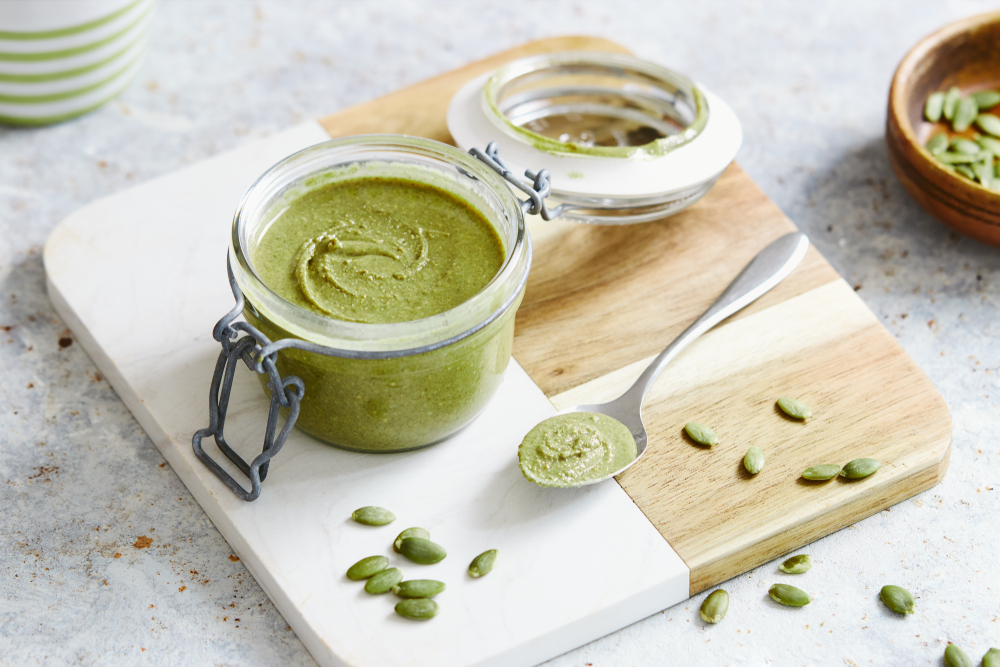
Pumpkin seed butter is a great alternative for those with nut allergies and is packed with nutrients like magnesium, zinc, and iron. It’s also a good source of plant-based protein and healthy fats, making it a highly nutritious option. The rich green color comes from its high chlorophyll content, which has antioxidant properties. Pumpkin seed butter has a slightly earthy, nutty flavor and works well in smoothies, spreads, or even as a topping for oatmeal. It’s also known for supporting heart health due to its high content of phytosterols.
Tahini (Sesame Seed Butter)
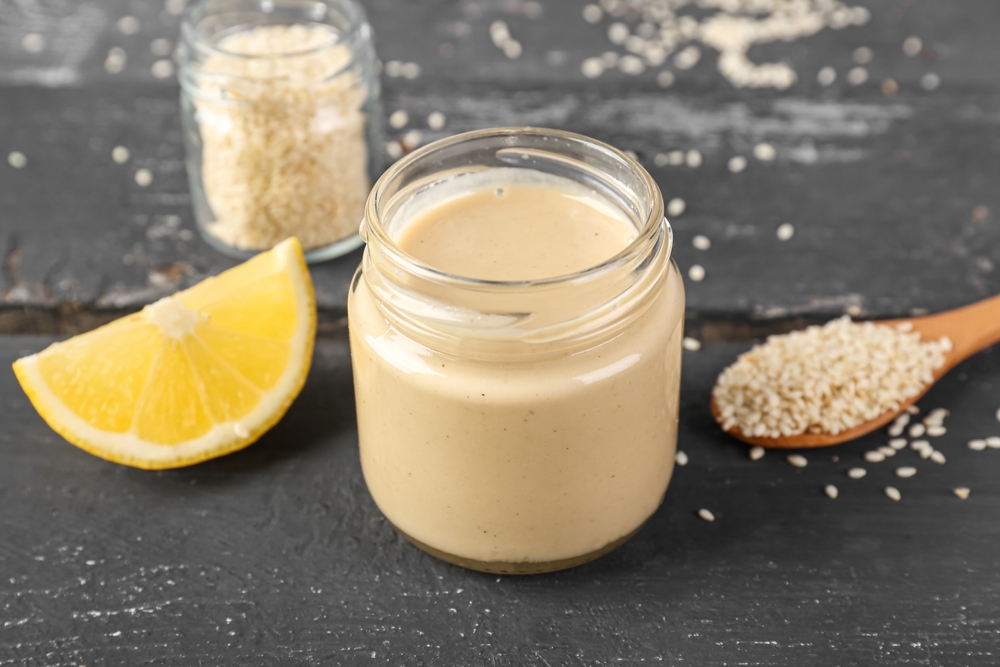
Tahini, made from ground sesame seeds, is commonly used in Middle Eastern cuisine but is gaining popularity worldwide. It’s rich in calcium, magnesium, and iron, making it excellent for bone health and energy production. Tahini also contains healthy fats and is a great source of protein. It has a slightly bitter, earthy flavor that works well in both savory dishes like hummus and sweet recipes like cookies. Additionally, the high antioxidant content in sesame seeds helps reduce inflammation in the body.
Mixed Nut Butter
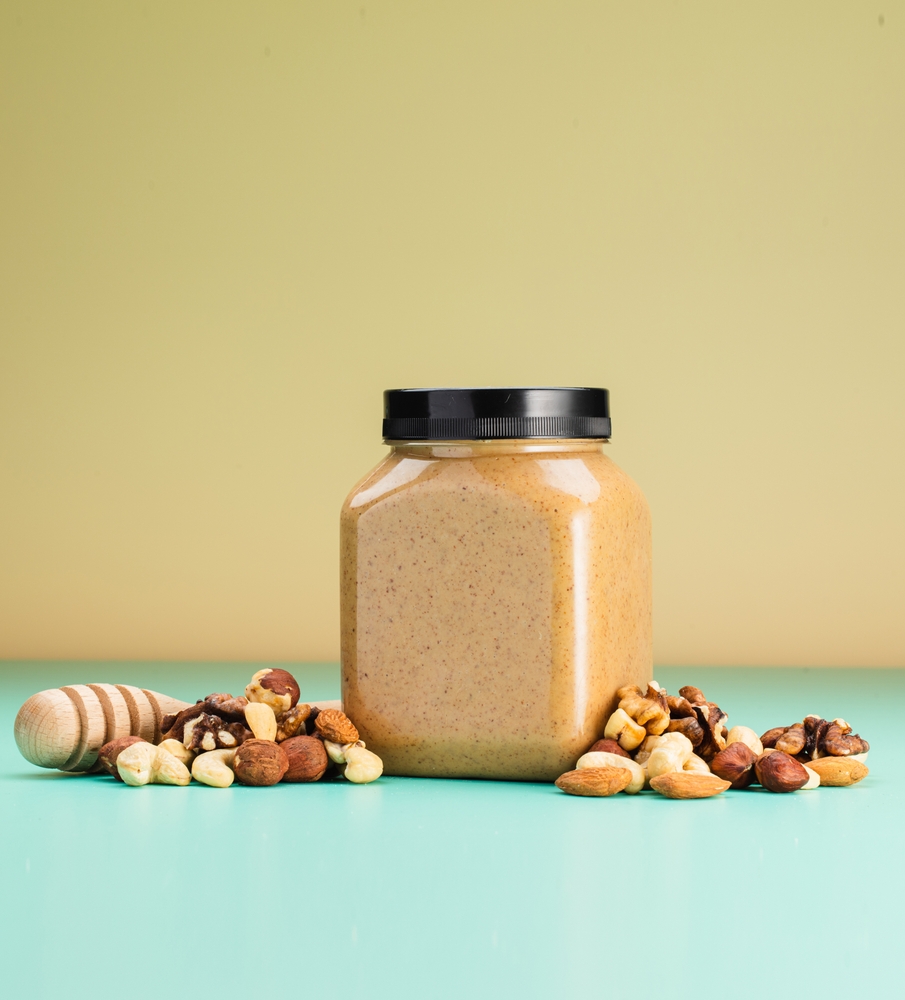
Mixed nut butter combines various nuts like almonds, cashews, and hazelnuts into one spread, providing a wide range of nutrients. This combination increases the diversity of healthy fats, protein, and vitamins, making it an all-in-one nutrient powerhouse. Each nut contributes unique benefits; for instance, Brazil nuts are rich in selenium, and almonds are high in vitamin E. Mixed nut butter is great for those looking for a variety of flavors and nutrients in one jar. It can be used in everything from smoothies to baking.
Watermelon Seed Butter
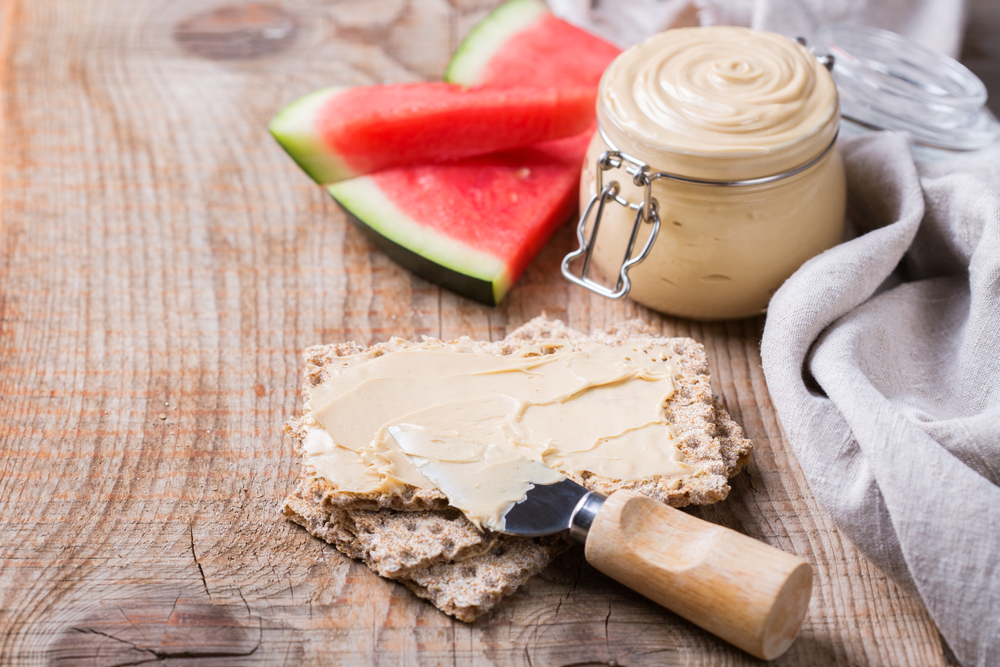
Watermelon seed butter is a lesser-known but incredibly nutritious option. It’s packed with protein—around 8 grams per serving—and is rich in magnesium, zinc, and iron, which are essential for bone health and immune function. The flavor is slightly nutty with a smooth texture, making it great for spreading on toast or adding to smoothies. Watermelon seed butter is a fantastic alternative for those with nut allergies and offers a unique nutrient profile compared to other butters.
Pecan Butter
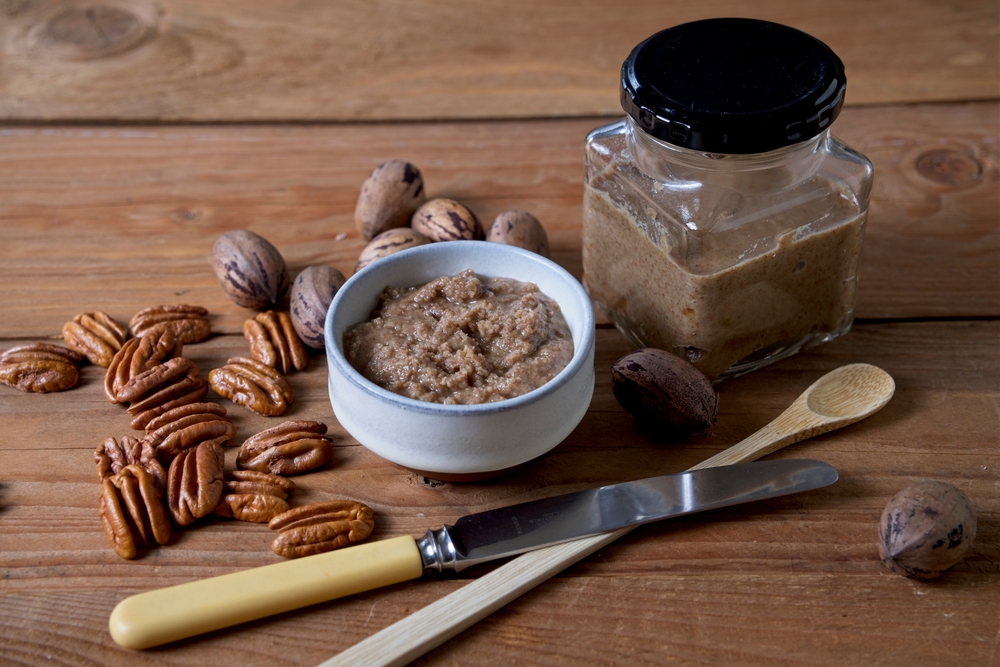
Pecan butter is rich and buttery, with a naturally sweet flavor that pairs well with both sweet and savory dishes. It’s a good source of healthy fats, particularly monounsaturated fats, which help reduce cholesterol levels. Pecans are also high in antioxidants, including vitamin E, which supports skin and immune health. Pecan butter can be used as a spread or added to desserts for a creamy, nutty flavor. With its high-fat content and low carbohydrates, it’s perfect for keto or low-carb diets.
Hazelnut Butter
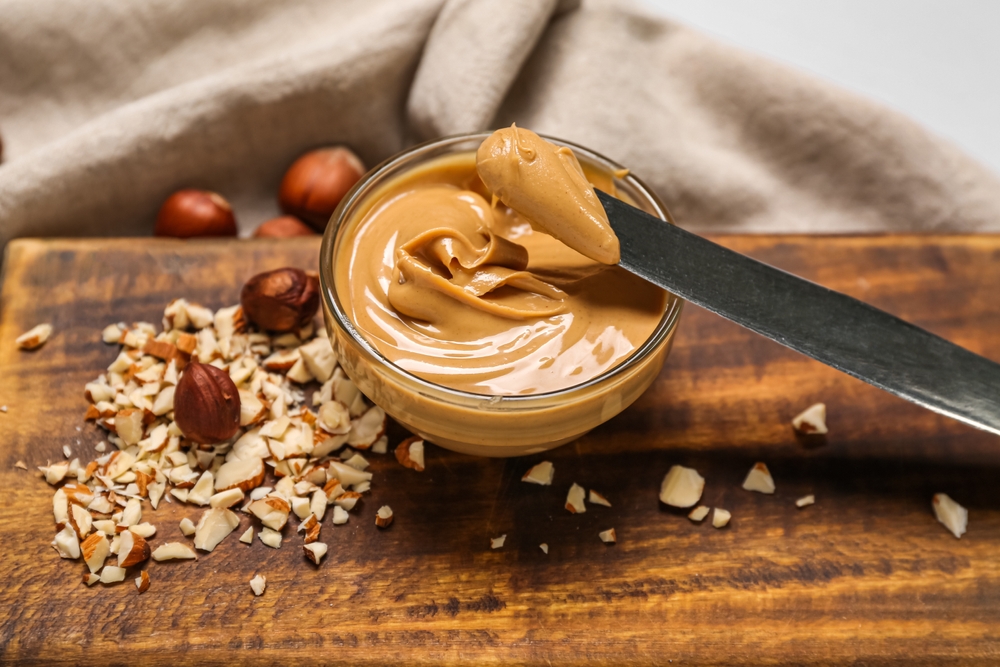
Hazelnut butter is a popular choice for those looking to add a sweet, nutty flavor to their diet. It’s a good source of healthy fats, particularly monounsaturated fats, and provides essential vitamins like vitamin E and folate. Hazelnut butter is often used as a spread or blended with cocoa for a healthier version of chocolate spread. The antioxidants in hazelnuts can help fight inflammation and protect against heart disease. Hazelnut butter is versatile and can be used in baking or simply spread on toast.
Walnut Butter
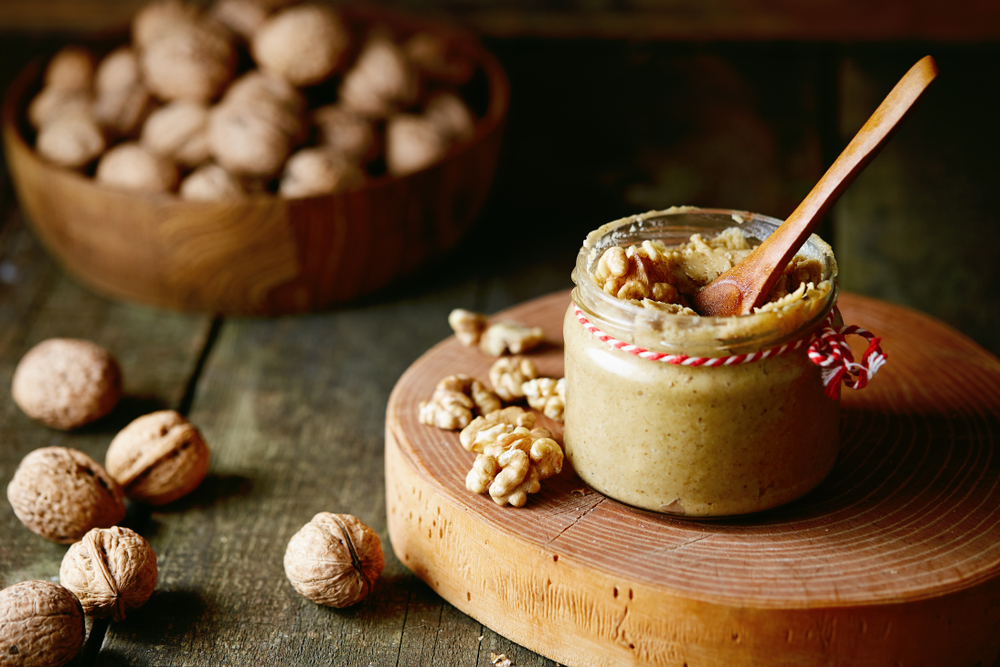
Walnut butter is unique for its high omega-3 fatty acid content, which is beneficial for heart and brain health. It also contains antioxidants that help reduce inflammation in the body. Walnuts are known for their slightly bitter flavor, which translates into the butter, making it ideal for savory dishes or spreads. Walnut butter can be mixed with honey or maple syrup for a sweet treat. Its nutrient profile, including high levels of magnesium and copper, makes it an excellent choice for overall wellness.
Coconut Butter
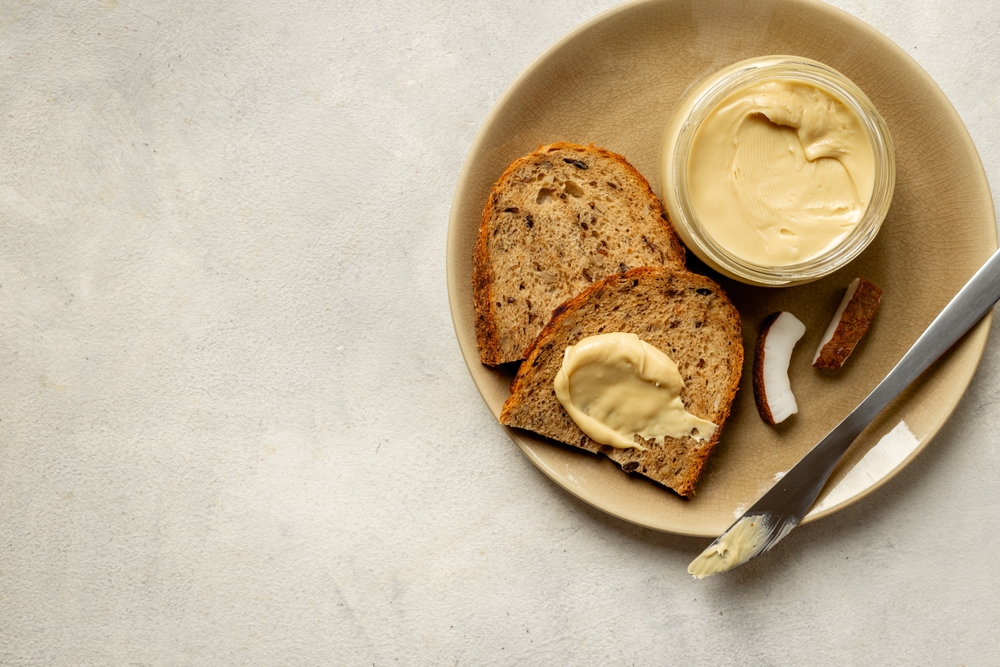
Coconut butter is derived from the flesh of coconuts and is rich in medium-chain triglycerides (MCTs), which support metabolism and energy production. It has a naturally sweet taste and can be used in baking, smoothies, or spread on toast. Coconut butter is high in lauric acid, which has antimicrobial properties and supports immune health. While it’s higher in saturated fat than other nut butters, it’s still a beneficial option when consumed in moderation. Coconut butter is also a good source of fiber, adding to its digestive benefits.
Peanut Butter
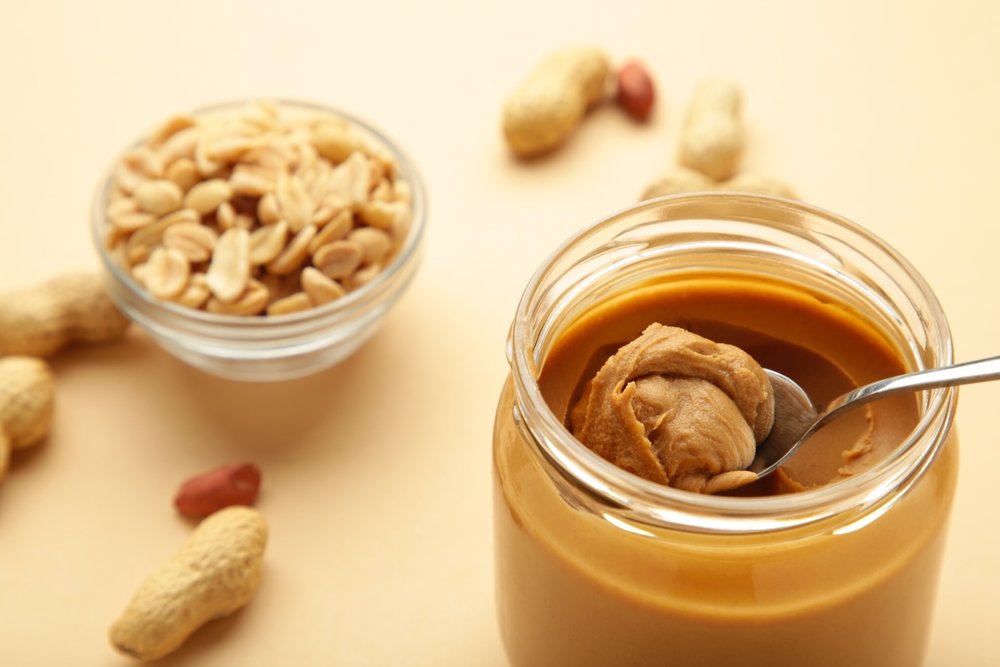
Peanut butter is one of the most popular and widely available nut butters. It’s packed with protein, fiber, and essential nutrients like magnesium and vitamin E. Studies show that consuming peanut butter can help reduce the risk of heart disease due to its high monounsaturated fat content. It also offers antioxidants like resveratrol, which have anti-inflammatory properties. However, not all peanut butter is created equal—choose varieties without added sugar or preservatives for the best nutritional benefits.
Almond Butter
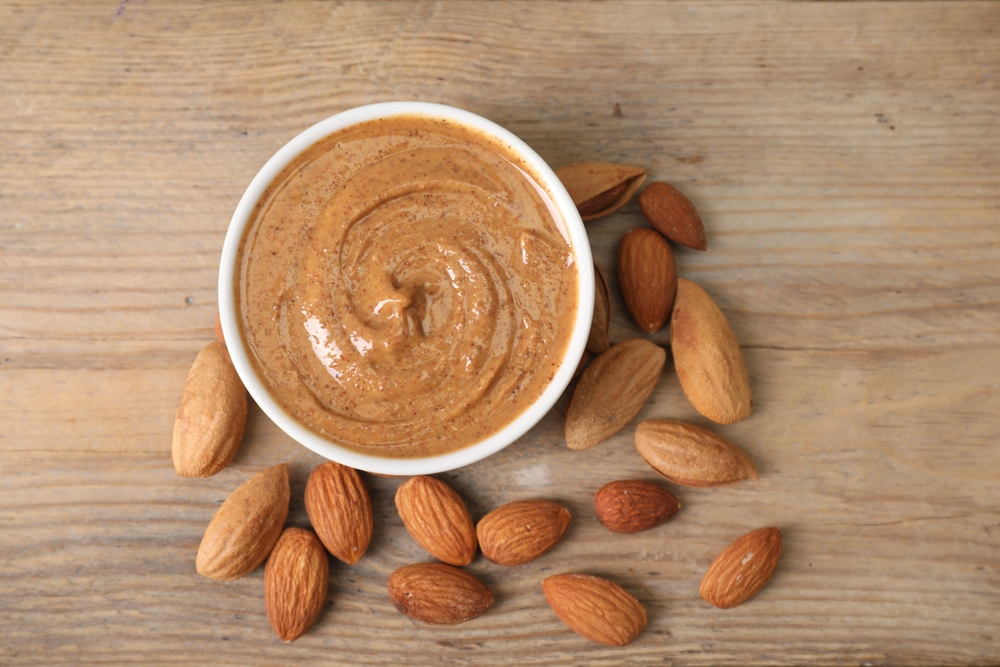
Almond butter is a powerhouse of vitamins and minerals, including vitamin E, calcium, and magnesium. It’s also a great source of healthy fats, particularly monounsaturated fats that support heart health. With a high protein content and rich texture, almond butter can be enjoyed in smoothies or spread on toast. It offers more fiber than peanut butter, making it a filling snack option. Almond butter is also rich in antioxidants that can help protect your cells from oxidative damage.
Cashew Butter
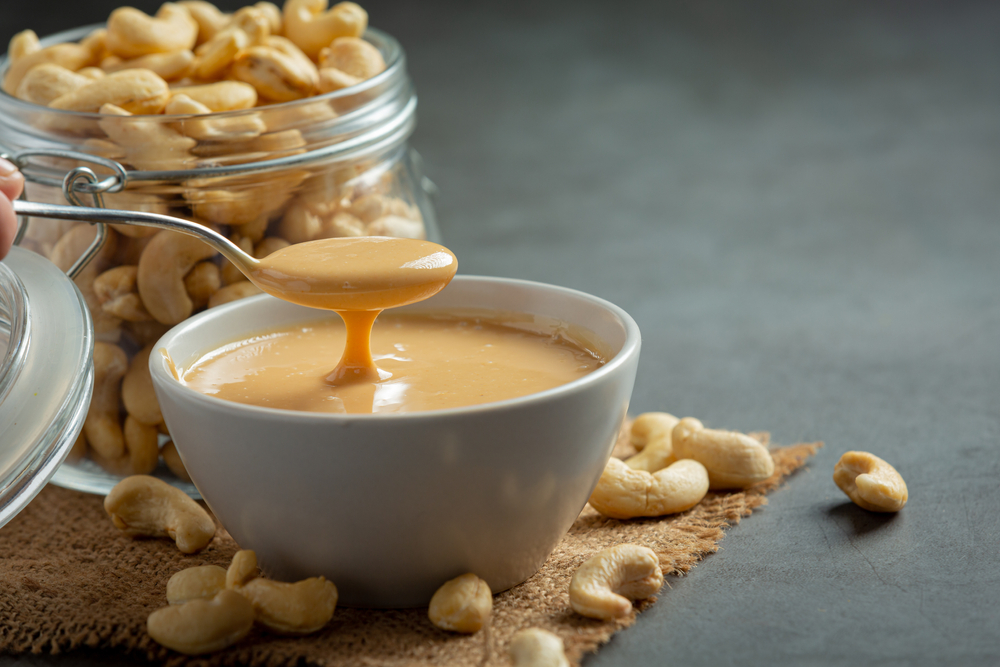
Cashew butter is known for its creamy texture and slightly sweet flavor. It’s rich in copper and magnesium, two minerals important for energy production and bone health. Cashew butter is lower in fat than some other nut butters, making it a good choice if you’re watching your fat intake. It’s a versatile ingredient, often used in vegan recipes to add creaminess to sauces and dips. Additionally, cashew butter provides plant-based protein and healthy fats that can help support brain function.
Pistachio Butter
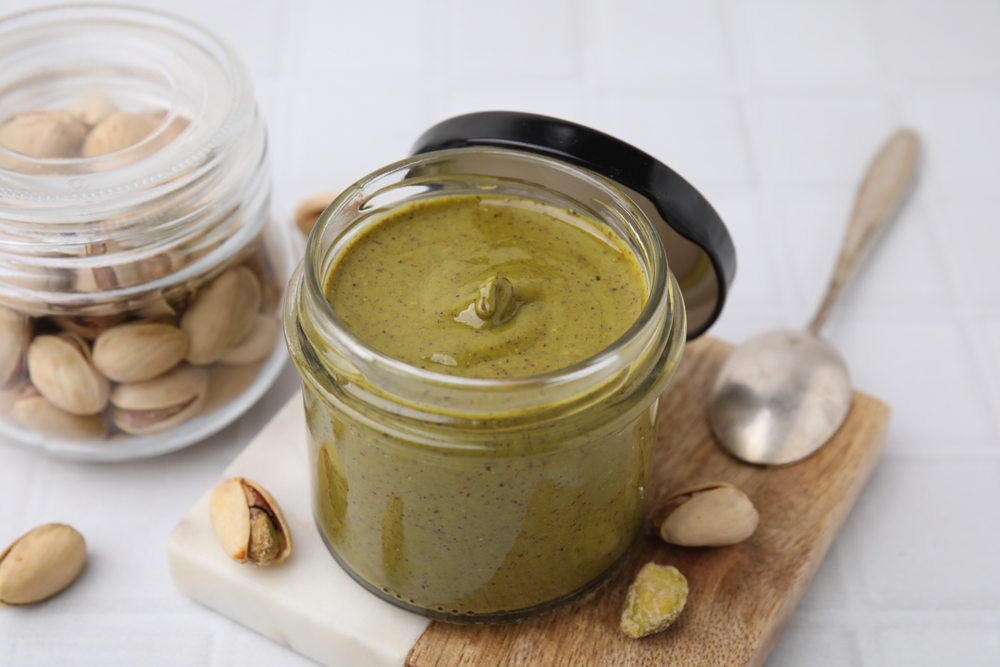
Pistachio butter stands out for its vibrant green color and its high vitamin B6 content, which is vital for brain function and the immune system. It’s also a good source of potassium, which helps regulate blood pressure. Pistachio butter offers a balanced profile of healthy fats and is rich in antioxidants. The butter’s mildly sweet flavor makes it perfect for both savory and sweet dishes, from smoothies to pestos. It’s also packed with L-arginine, an amino acid that promotes healthy blood flow.
Sunflower Seed Butter
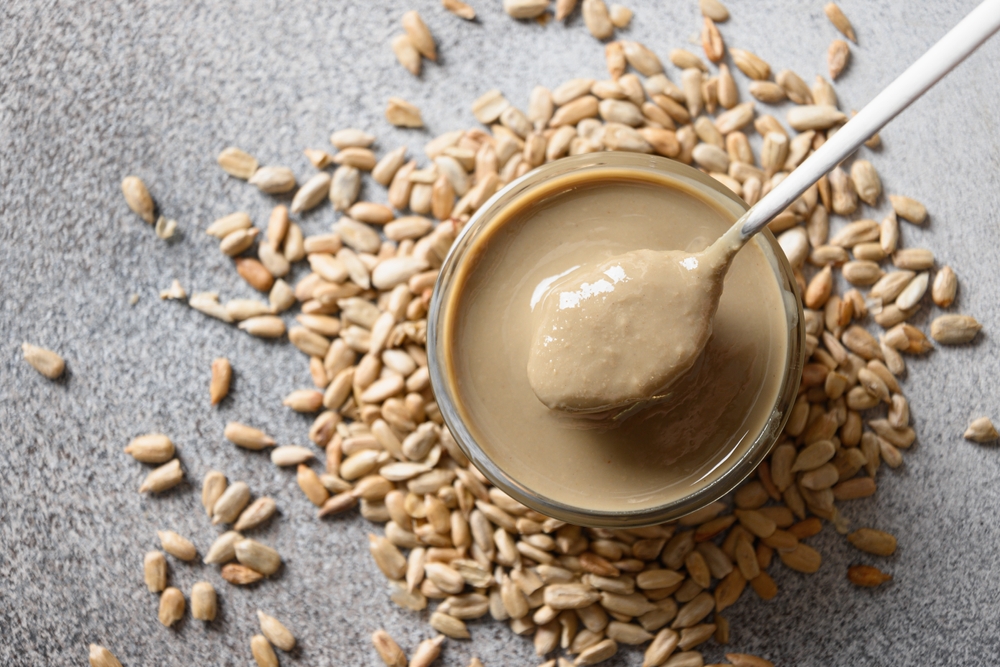
Sunflower seed butter is a nut-free alternative that’s rich in vitamin E, an antioxidant that helps protect the body’s cells. It’s also high in healthy fats, particularly omega-6 fatty acids, and provides a good source of magnesium and selenium. Sunflower seed butter is often used in place of peanut butter for those with nut allergies. It has a slightly earthy flavor and works well in smoothies, dressings, or spread on toast.
Brazil Nut Butter
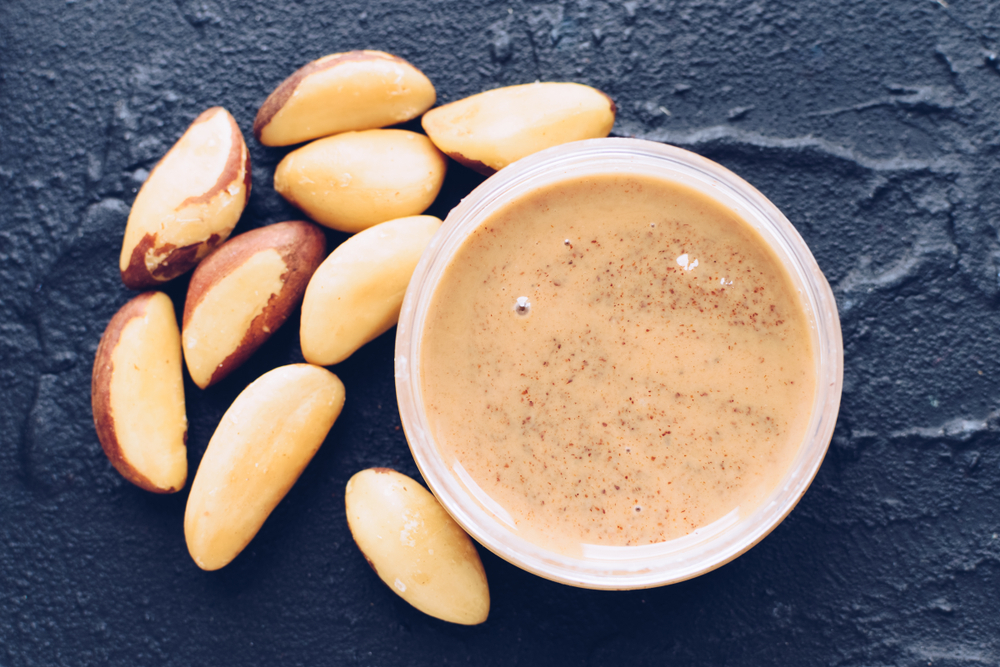
Brazil nut butter is incredibly rich in selenium, an essential mineral that supports thyroid function and has antioxidant properties. Just one serving can provide more than your daily recommended intake of selenium, making it a potent addition to your diet. Brazil nut butter also contains healthy fats, fiber, and magnesium. Its slightly earthy flavor works well in smoothies or as a spread. It’s a great option for boosting your immune system and supporting metabolism.
Macadamia Nut Butter
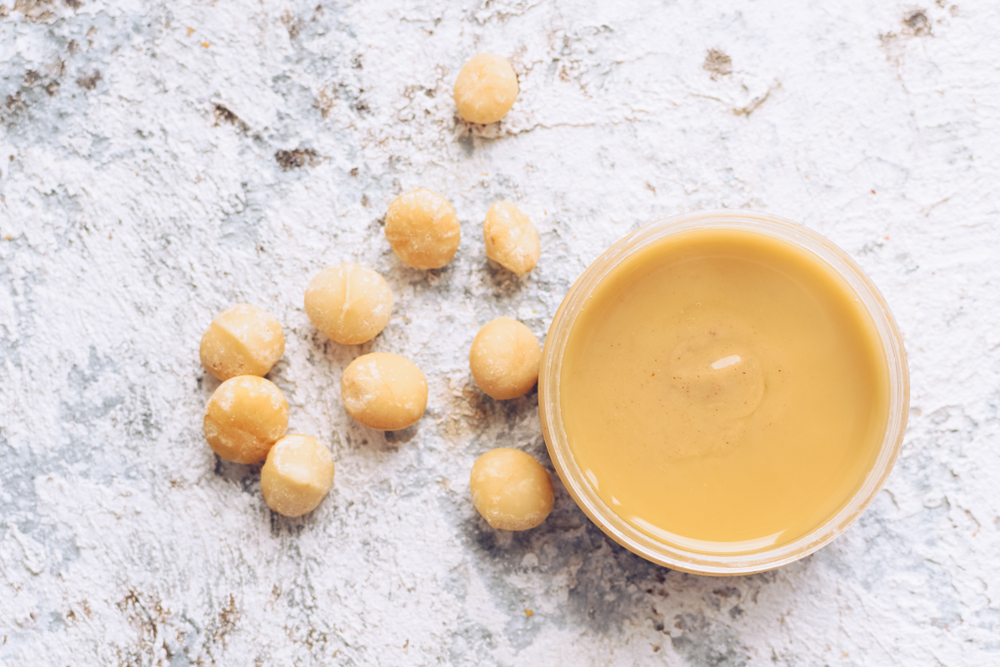
Macadamia nut butter is a luxurious, creamy option that is rich in healthy monounsaturated fats, which are known to support heart health. It has a mild flavor and can be used in both sweet and savory recipes. Macadamia nuts are low in carbohydrates and have anti-inflammatory properties. They are also an excellent source of manganese, a mineral that supports bone health and metabolic function. Macadamia nut butter is on the pricier side but offers unique health benefits and versatility.
This article originally appeared on RetailShout.
More From RetailShout
14 Creative and Healthy Lunches Your Kids Will Look Forward To

Making sure your kids have healthy lunches is important for their growth and energy throughout the day. Here are 15 great options that are not only nutritious but also delicious and easy to prepare. Read More
20 Breakfast Foods That Fuel Your Morning
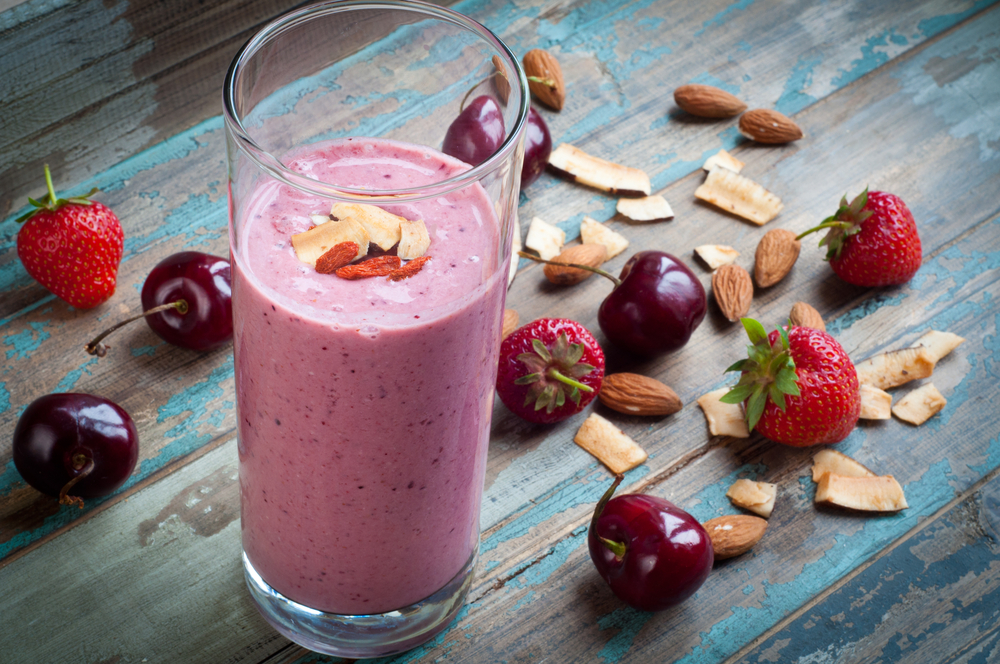
Starting your day with the right kind of breakfast can make all the difference. It’s about giving your body the fuel it needs to keep you energized, focused, and feeling good all morning long. No need for fancy ingredients or complicated recipes, just real, wholesome foods that are quick to prepare and satisfying. Read More.
10 Luxurious Dishes Served Aboard the Titanic

The Titanic was famous for many things, including the luxurious food served to its passengers. The ship’s kitchens were stocked with a variety of incredible dishes that catered to both first-class and third-class passengers. Here are some amazing foods people enjoyed while sailing on the Titanic. Read More.






